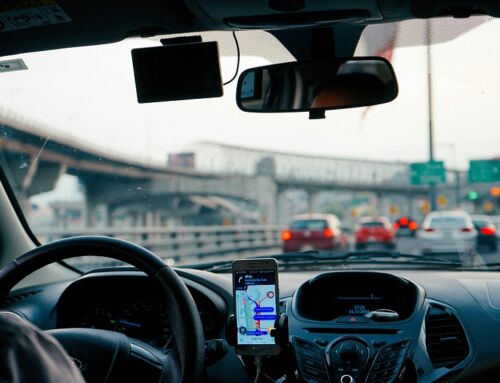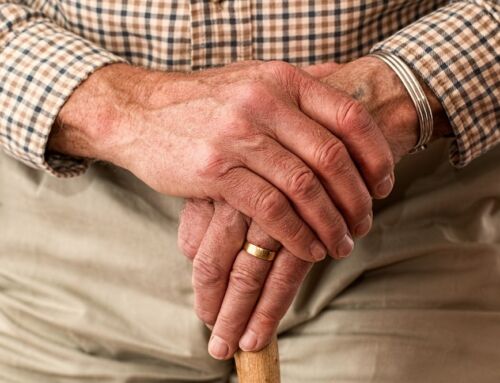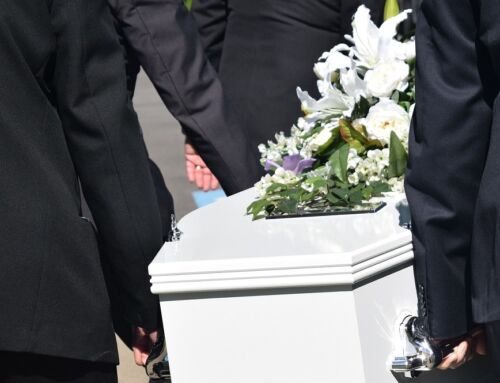Often in the legal world, people discuss the phrase “respondeat superior” when talking about companies and employees. Well, many people probably wonder what this legal doctrine is all about, so this blog will attempt to explain respondeat superior and offer some examples as to when it is used.
The legal doctrine of respondeat superior states that an employer can be liable for the actions of an employee when the employee’s actions are within the scope of their employment. The actions don’t even need to be part of the job, either, although respondeat superior is more likely to apply if the actions that caused the harm were due to the employee acting within the scope of their employment.
For example, a famous case used to exemplify respondeat superior when teaching law students about corporations, Arguello v. Conoco, Inc., states that when someone is doing their job, but performs an activity on the job that is unrelated, the company could still be liable because the activity that is unrelated occurred during on the clock. In this case, two women went into a gas station and were verbally assaulted by the gas station attendant. The attendant used racial slurs and forced the women to leave. The court here stated that because the attendant was acting in the scope of her employment (ringing up items for the women, taking their money, etc.), that the activity not associated with the job exposed her employer to liability.
How does this work in the world of car accidents and slip-and-falls? Well, for car accidents an excellent example of this comes in the form of trucking companies and the trailers that they haul all across the country. If a driver of a semi-truck causes an accident, then they might expose their company to liability because driving is literally what he is paid to do. In most cases involving semi-trucks causing a car accident, it is not the driver that is liable for the injuries of the plaintiffs, it is the trucking company themselves who is liable. This is because the driver is doing something that is within the scope of their employment when they cause injury to someone else.
Some might ask, “Well, what about companies like Uber, or Lyft?”. Well, Uber and Lyft are slightly different because their drivers are independent contractors. The general rule of law here is that companies cannot be liable for the injuries caused by their independent contractors. So, even if an Uber driver or a Lyft driver were to cause an accident, Uber or Lyft would not be liable because of the way their business model is set up.
In a slip-and-fall case, respondeat superior often has no place, because in general, a person who slips and is injured at a store or restaurant will file a lawsuit against that place. No one knows who caused the spill, and in many cases, slip-and-fall injuries can be caused by ice or snow.
Overall, the doctrine of respondeat superior is important because it can hold companies liable for how they train people, who they hire, and other important company practices that might not be up the standard in that certain industry.
Have You Been Injured in an Accident Recently, and Need Legal Help?
Contact the experienced Indianapolis personal injury lawyers attorneys at Hurst Limontes, LLC. Our attorneys have decades of combined experience in many areas of personal injury and tort law, and we will fight for you on your case! We always work hard to ensure our clients receive just compensation for their injuries. Call or email us for a free consultation today!





